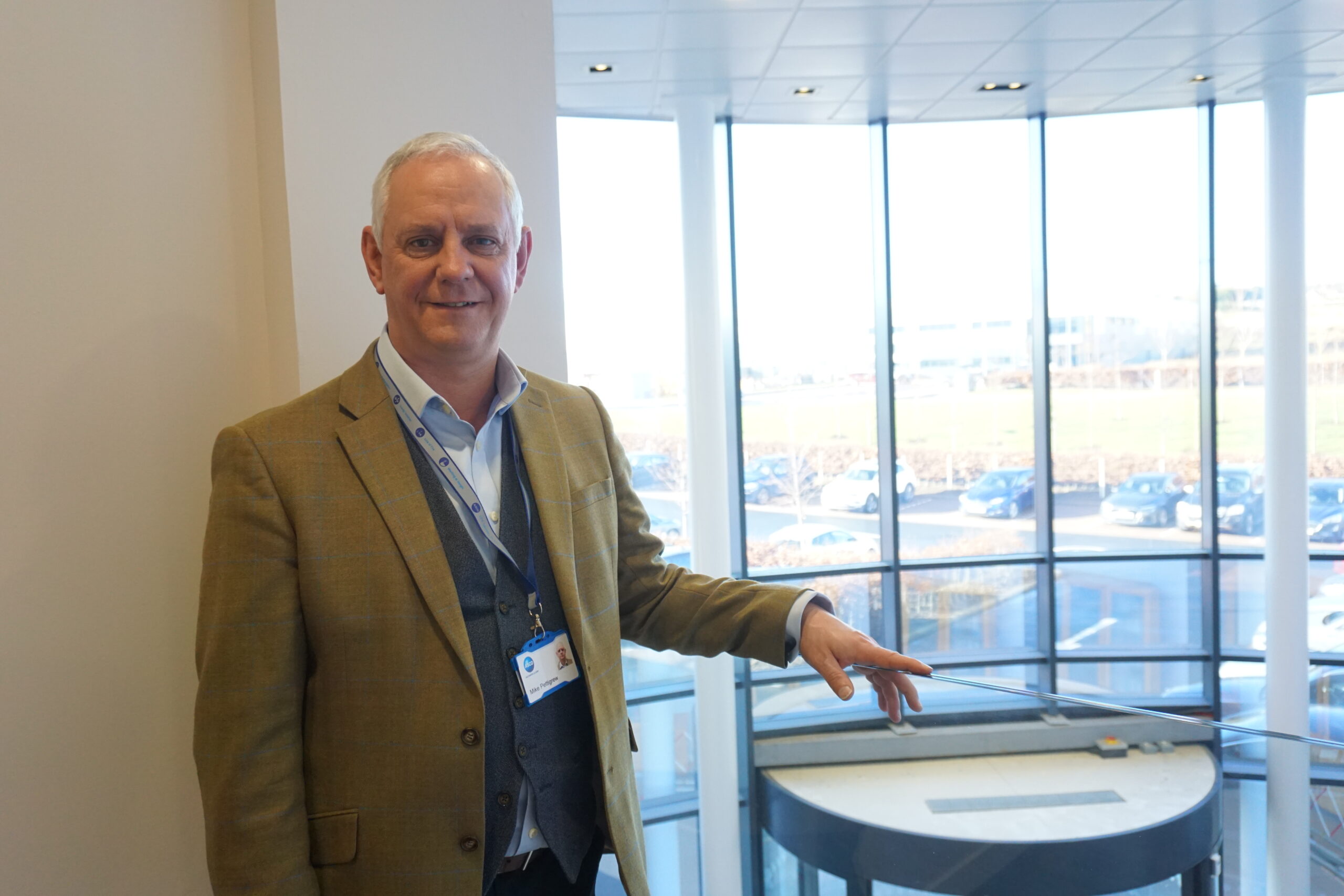HOUSTON, TEXAS (Ian Silverman, Energy Analytics Institute, 24.Apr.2025) — Eni reached financial close with the UK government’s department of energy security and net zero (DESNZ) for the Liverpool Bay CCS project, where the Italian company is the operator of the CO2 transport and storage system (T&S) of the HyNet industrial cluster.
The financial close allows the Liverpool Bay CCS project to move into the construction phase, unlocking key investments in supply chain contracts, the majority of which will be spent locally.
The project will support the UK’s industrial competitiveness for the long term, by safeguarding existing industrial employment and creating new production chains and jobs — which, in the construction phase alone, are estimated to be about 2,000 people, Eni announced on 24 Apr. 2025 in an official statement.
This significant milestone follows the UK government’s funding allocation of £21.7bn to be invested over a 25-year period across the first 2 CCS clusters in the country. This decision demonstrates the UK’s commitment to prioritizing development of the CCS sector as a key lever in its decarbonization and industrial strategy, in line with the broader UK’s objective of creating growth opportunities in the country’s industrial heartlands and the ambition to be a global leader in the energy transition.
The Liverpool Bay CCS
The Liverpool Bay CCS project will operate as the backbone of the HyNet cluster to transport carbon dioxide from capture plants across the North West of England and North Wales through new and repurposed infrastructure to safe and permanent storage in Eni’s depleted natural gas reservoirs, located under the seabed in Liverpool Bay.
The project itself foresees the efficient repurposing of part of the offshore platforms as well as 149km of onshore and offshore pipelines, and the construction of 35km of new pipelines to connect industrial emitters to the Liverpool Bay CCS network.
HyNet is one of the world’s most advanced CCS Clusters that will significantly contribute to the reduction of emissions from a wide range of industries across the North West of England and North Wales.This includes companies involved in cement manufacturing, energy from waste plants, low-carbon hydrogen production, as well as additional industrial players who will connect to Eni’s infrastructure. With a storage capacity of 4.5 million tonnes of CO2 per year in the first phase, and the potential to increase to 10 million tonnes of CO2 per year in the 2030s, Eni’s CO2 T&S system will make a significant contribution towards achieving the UK’s CCS ambitions.
Construction of the project is expected to commence this year, ready for planned start-up in 2028, in line with industrial emitters in the HyNet Cluster.
Eni believes that CCS will play a crucial role in the energy transition and can become an important strategic activity to support the company’s decarbonization ambitions. The company has a range of global initiatives in the CCS sector with a gross storage capacity of approximately 3 billion tons.
____________________
By Ian Silverman reporting from Houston. © 2025 Energy Analytics Institute (EAI). All Rights Reserved.



